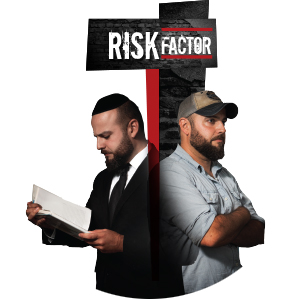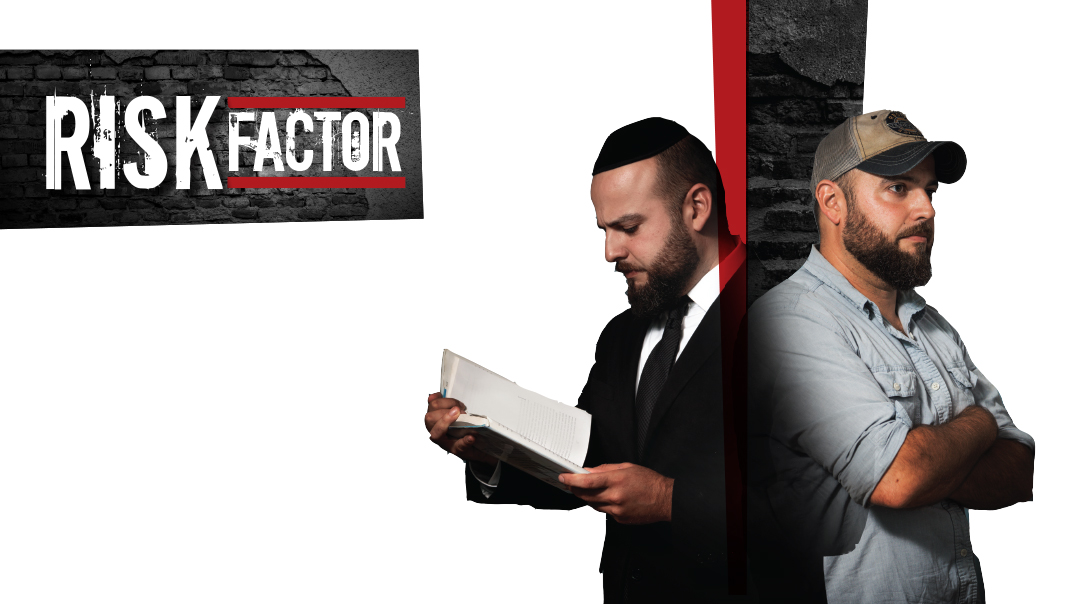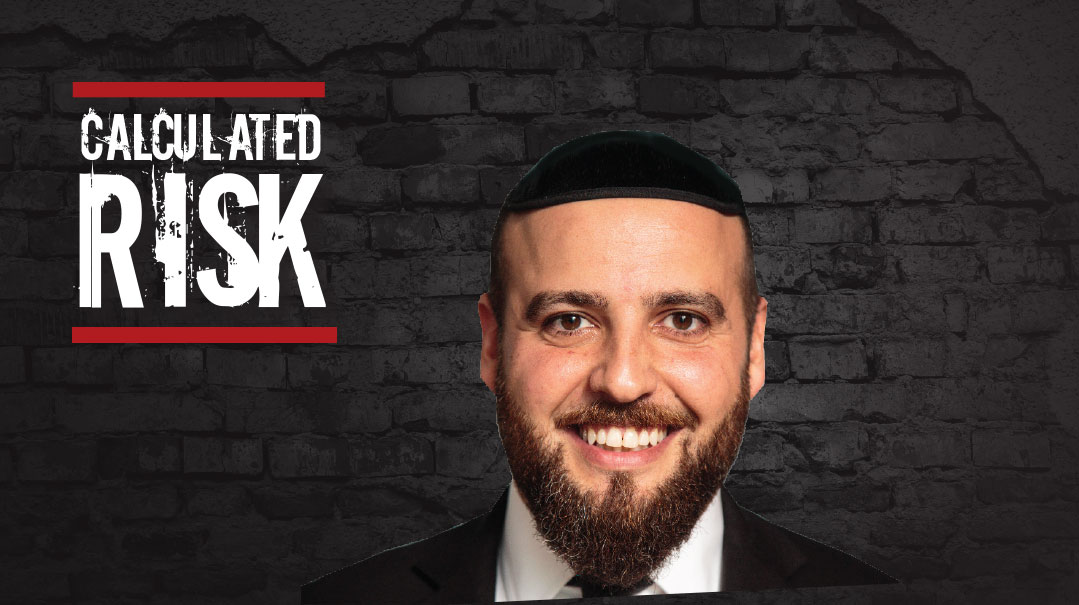Lucky Save

"I'm just trying not to think about it. And they keep bringing it up to me! Why are they doing this?!”
S

All the calls were from the same person. Manny. My heart sank.
This was bad.
Manny was 16 and had a history of depression, but he was in a good school and was doing well. Then quarantine happened.
Manny was having a very difficult time, cooped up for so long with his family. I hoped that the calls were just distress calls — fighting with his parents, stuff like that — but I knew they weren’t. Manny wasn’t an alarmist. If he called me 12 times in one night, something was wrong.
I had been working together with Manny’s parents and school ever since his first attempt at taking his own life. Manny suffered from depression and anxiety and had developed a very serious eating disorder. He had been living in a home with others with similar disorders and had drawn a lot of strength from the other residents. Eventually, he graduated that program, rejoined the regular high school scene, and started transitioning to life on the outside. He had a great DBT therapist and was making steady progress. I hadn’t heard from him in a while, which was a good sign.
Until the first day of quarantine.
“I can’t do this, I’m going to die,” he said, without a hello or introduction of any kind.
“Slow down, start from the beginning,” I said. “And I’m fine, by the way. Thanks for asking.”
“I’m not joking, Rabbi!” he growled. “I can’t, I’m not doing this!”
Clarification is key when you’re searching for a solution. I never allow someone I’m speaking with to define something as “it.”
“You’re not doing what?” I asked.
“I’m not being caged in with my family!”
Okay, so being caged in wasn’t the problem — it was who he was caged in with that was the issue.
“What thought about your family is making this difficult?” I asked.
“They talk about it the entire time. How everyone is going to die and Mashiach is coming and even if the virus doesn’t kill everyone, Mashiach will! I can’t! I’m having panic attacks already from all this. I know I’m going to get the virus, and I’m just trying not to think about it. And they keep bringing it up to me! Why are they doing this?!” He was yelling.
“Look,” I said, “I get that this is hard. But let’s talk it through. You’ve acquired a lot of tools over the last few months. Let’s use them.”
Manny took a deep breath.
“There you go,” I said. “So tell me now, how are you going to enjoy this time at home?”
“By accepting my reality,” he said dutifully. “Stupid reality,” he added.
I laughed. “What part of reality are you going to accept?”
“My family,” he grumbled.
I baited him. “Are they right for discussing these things in front you when they know you’re sensitive and prone to anxiety?”
He knew what I was asking and let out an audible groan. This wasn’t our first time having this conversation.
“There is no right or wrong there, it’s just who they are, I just need to accept them and myself,” he said in a sing-song, mocking tone.
Teenagers.
I laughed. “Exactly,” I said. “How you feeling now?”
“Better, thanks,” he grumbled. “But I still don’t think I can get through this with them.”
“I know you can. I’ve seen you do bigger things in worse conditions.”
I’ve had to have some version of this conversation with too many people since the quarantine started. And although I try to never focus on blame, the truth is that in a time of crisis, people need to be sensible and sensitive. We need to be tuned in to the people around us. You might “just want to stay informed,” but if you’re living with a person with anxiety or other emotional or mental challenges, you have a responsibility not to trigger them by obsessing over the situation. Better to spread hope and positivity to everyone around you.
I didn’t hear from Manny again, so I figured everything was okay. Until I saw the missed calls and texts that morning. I listened to the last voice mail.
No words, just hysterical crying.
I scrolled to the last text. Thank you rabbi for always trying and never giving up on me. I didn’t deserve that, I don’t deserve anything. I can’t be a burden on everyone anymore. I just want you to know that it’s not your fault.
My heart started racing.
Please, Hashem. Please, Hashem.
The message was sent four hours earlier.
I scrolled up and hit send.
Ring. Ring. Ring.
No answer.
I stood up walked toward the door. I stopped with my hand on the doorknob. I was 600 miles away from where Manny lived and in my pajamas. Where was I going?
I called again, but I knew there would be no answer.
Ring. Ring. Ring.
“Hello?” The voice was bright and jaunty.
“Um... Manny?” I choked out.
“Hey, Rabbi, what’s up?”
I looked down at my phone to see if I called the right person.
“Nothing, I just...”
“Oh! Shoot! I just realized I never texted you after that last one!” he said apologetically. “I’m okay! Everything is okay, it was just a crazy night.”
“You’re okay?” I asked again. My head was spinning.
“Yeah, I’m actually better than I’ve been in a long time,” he said.
“You sure you’re okay?” I asked a third time.
“Yes, really,” he said.
“Great, because you almost gave me a heart attack!” I yelled. “How about a ‘hey, I’m okay’ after you text me a suicide note!”
Manny laughed. “Yeah, I’m sorry. But it actually worked out amazing that you didn’t answer,” he said.
“Really? Why’s that?”
“One second.” I heard some muffled conversation, a woman’s voice, Manny telling her that he would be back in a minute. The sound of a door closing. Then Manny came back on.
“I was really going to do it,” he said. “I couldn’t bear this whole thing. All the anxiety. So many people getting sick. My family talking about it all the time.” He paused. “I came down from my room in middle of the night and was going to try to end it all… But when I got downstairs, I saw my mom. She was sitting on the couch in the dark and just crying. I asked her what was wrong and she said she just couldn’t sleep, she was so scared. I was thinking, Yeah, well, now you know how I always feel! I was even about to say that… But then I thought, if she feels like I feel… then I know what to do for that.”
He drew a ragged breath. “She was talking and I just sat there and listened to her. And then… I told her how I was feeling… and she listened to me. I don’t know, we ended up talking for hours. Not only about the virus, about everything….” He paused suddenly. “You wanna hear something crazy?”
“Why not?” I said.
“Your not answering your phone might’ve saved my life,” he said, choking on the words.
No, Manny, I thought. Your being home with your family saved your life.
Identifying details have been changed to protect the privacy of patients, their families, and all other parties.
Rabbi Yossi Bensoussan serves as mashgiach ruchani at Yeshiva High School of Cleveland. He is a Certified Alcohol and Substance Abuse Counselor (CASAC) who currently maintains a private practice and does motivational speaking and community education on addiction all over the US and Israel.
(Originally featured in Mishpacha, Issue 807)
Oops! We could not locate your form.








